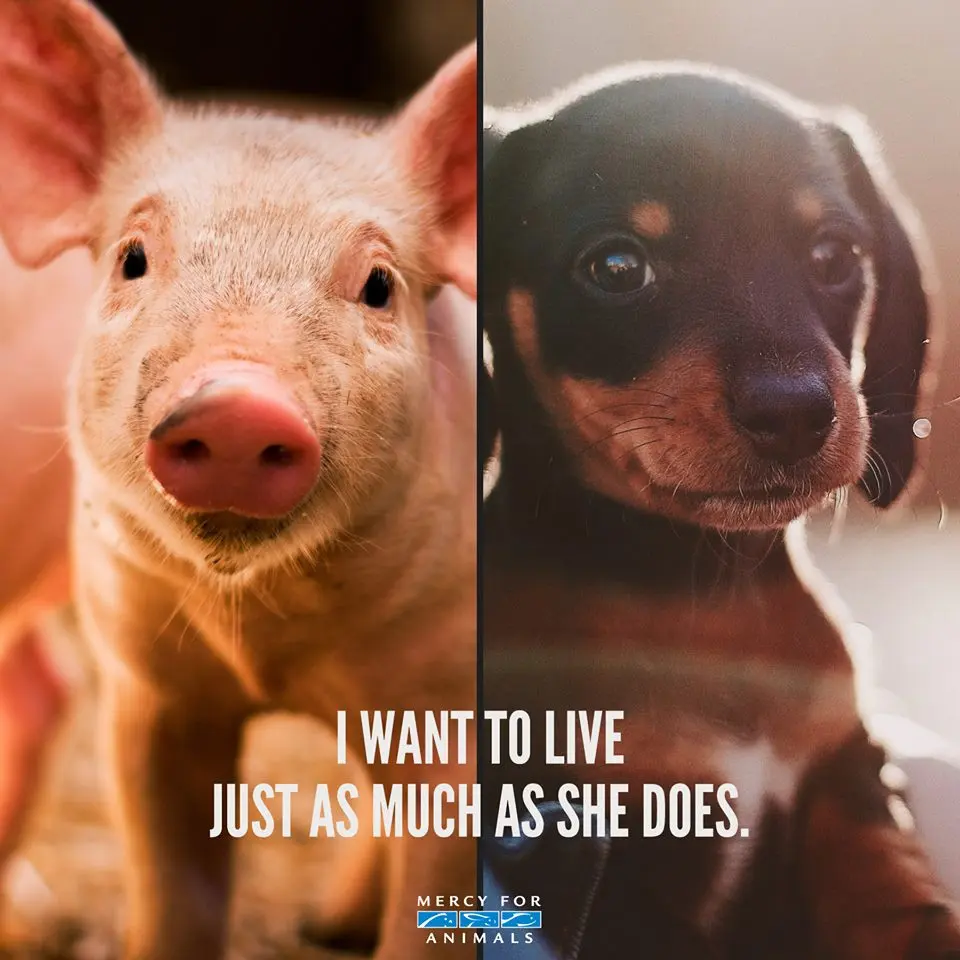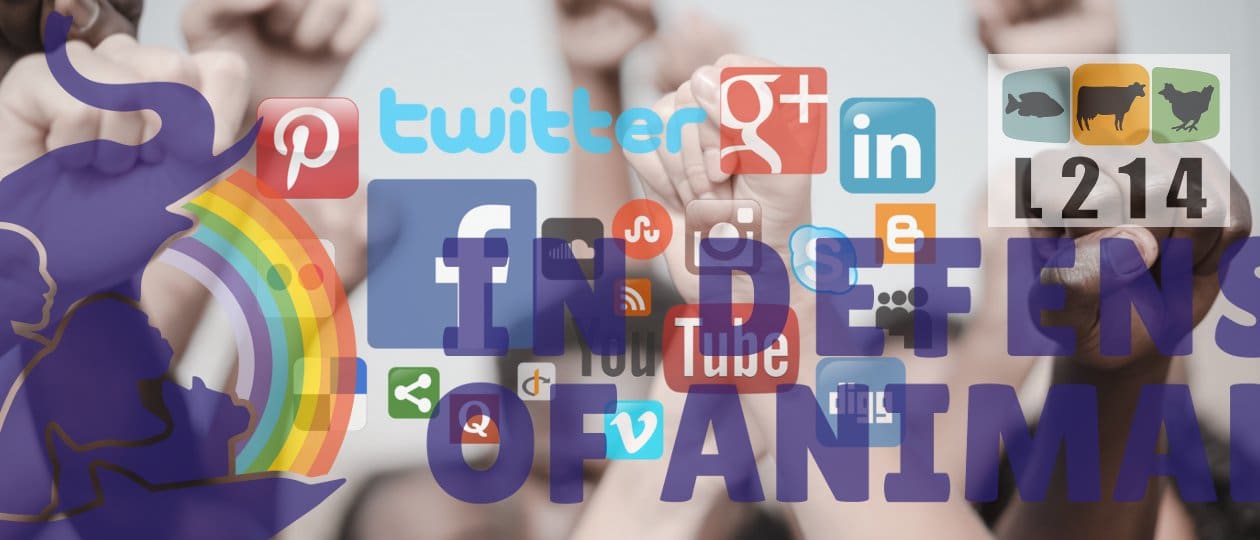Animal cruelty is a devastating global issue that continues to inflict unimaginable suffering on millions of animals each year. From neglect and abandonment to physical abuse and exploitation, these acts of cruelty not only harm defenceless creatures but also expose deeper ethical concerns within society. Whether it’s domestic pets, farm animals, or wildlife, the widespread nature of this problem highlights the urgent need for awareness, education, and action. By examining its root causes, societal impact, and potential solutions—including stronger legal measures and community-driven efforts—this article aims to inspire meaningful change towards a kinder, more humane future for all living beings
Animal cruelty is a global issue that continues to shock and sadden individuals around the world. Despite the widespread awareness and efforts to prevent it, this problem persists in various forms, affecting millions of innocent animals every year. From neglect and abandonment to physical abuse and exploitation, the shocking reality of animal cruelty is a dark and disturbing truth. It is a problem that not only impacts the well-being of animals but also raises serious ethical concerns about the treatment of living beings. As a society, it is our responsibility to understand the depth and complexity of this issue in order to effectively address it. In this article, we will delve into the world of animal cruelty, examining its different forms, root causes, and consequences. By gaining a deeper understanding of this problem, we can take a step towards creating a more compassionate and humane world for all creatures. So, let us explore the shocking reality of animal cruelty and its impact on our society.
Animal cruelty: a growing epidemic
Animal cruelty is a deeply concerning issue that continues to plague our society, with the number of reported cases steadily increasing. This disturbing trend highlights the urgent need for greater awareness and action to address this growing epidemic. The suffering endured by animals subjected to cruelty is both heartbreaking and unjustifiable. From domestic pets to farm animals and wildlife, the scope of this problem is vast and encompasses various forms of abuse, including neglect, abandonment, physical harm, and even organized acts of violence. It is a moral obligation for individuals, communities, and governing bodies to come together and take a stand against animal cruelty, ensuring that perpetrators are held accountable and appropriate measures are implemented to protect these vulnerable creatures.

Impact on innocent lives
The impact of animal cruelty extends far beyond the suffering endured by the animals themselves. Innocent lives are profoundly affected by these acts of cruelty, often leading to severe emotional and psychological trauma. Children who witness or experience animal abuse may develop long-lasting detrimental effects, such as increased aggression, desensitization to violence, and a distorted perception of empathy. Furthermore, studies have shown a strong correlation between animal cruelty and other forms of violence, including domestic abuse and crimes against humans. By addressing animal cruelty effectively, we not only protect the well-being of our animal companions but also safeguard the innocence and dignity of countless lives that are impacted by these heinous acts.
Root causes and contributors
Understanding the root causes and contributors of animal cruelty is crucial in order to effectively combat this pervasive issue. There are various factors that contribute to the occurrence of such acts, including societal attitudes and beliefs towards animals, lack of education and awareness, and systemic failures in animal welfare enforcement. Societal attitudes that minimize the value of animal lives or perpetuate the notion of animals as commodities rather than sentient beings can create an environment where cruelty towards animals is more likely to occur. Additionally, a lack of education regarding proper animal care and welfare may result in unintentional harm or neglect. Furthermore, inadequate enforcement of animal welfare laws and regulations can create a culture of impunity, where perpetrators of cruelty are not held accountable for their actions. By addressing these root causes and implementing comprehensive strategies, we can work towards preventing and reducing animal cruelty, creating a society that values and respects the welfare of all living beings.
The role of social media
In today’s digital era, the role of social media cannot be overlooked when it comes to understanding the problem of animal cruelty. Social media platforms have become powerful tools for raising awareness, mobilizing communities, and advocating for animal rights. These platforms provide a global stage for activists, organizations, and individuals to share stories, videos, and images that expose the harsh reality of animal cruelty. The viral nature of social media allows these messages to reach a wide audience, sparking conversations, and prompting action. Additionally, social media campaigns and petitions can put pressure on lawmakers and authorities to implement stricter regulations and penalties for offenders. However, it is important to note that while social media has the potential to bring about change, it also has its limitations. Misinformation and the spread of harmful content can undermine efforts to combat animal cruelty. Therefore, it is essential for users to critically evaluate information and support credible sources and organizations dedicated to animal welfare.

Legal consequences and enforcement
Legal consequences and enforcement play a crucial role in addressing the issue of animal cruelty. Governments and legal systems around the world have recognized the importance of protecting animals and have implemented legislation to ensure their welfare. Offenders can face significant legal ramifications, including fines, imprisonment, and other penalties, depending on the severity of the cruelty inflicted on animals. Law enforcement agencies and animal welfare organizations work together to investigate reports of animal abuse, gather evidence, and hold perpetrators accountable for their actions. It is essential for authorities to enforce these laws effectively and efficiently to send a strong message that animal cruelty will not be tolerated. Additionally, public awareness and education campaigns about the legal consequences of animal cruelty can serve as deterrents and encourage individuals to report such incidents, ensuring that justice is served for the innocent creatures who suffer.
Risks to public safety
The prevalence of animal cruelty poses significant risks to public safety. Research has shown a clear link between animal abuse and violence towards humans, highlighting the importance of addressing this issue beyond animal welfare concerns alone. Individuals who engage in acts of cruelty towards animals often demonstrate a lack of empathy and disregard for the well-being of others, making them potential threats to society. Studies have also indicated that those who commit animal cruelty offenses are more likely to engage in other forms of criminal activity, including domestic violence and child abuse. By understanding and addressing the risks associated with animal cruelty, we can take proactive measures to protect both animals and the wider community from harm.
Taking action against abuse
To effectively combat animal cruelty, it is crucial that we take decisive action against those who perpetrate these heinous acts. This involves implementing and enforcing stricter laws and regulations to ensure the prosecution and punishment of offenders. Animal welfare organizations should be supported with increased funding and resources to investigate reported cases, rescue abused animals, and provide them with proper care and rehabilitation. Additionally, educational programs and public awareness campaigns should be developed to enlighten individuals about the importance of compassion and respect towards animals, fostering a society that values their well-being. By actively engaging in these efforts, we can create a society that holds abusers accountable and works towards the prevention and eradication of animal cruelty. It is our collective responsibility to stand up against abuse and create a safer and more compassionate world for all living beings.
Promoting compassion and education
In order to make meaningful and lasting changes towards eradicating animal cruelty, it is imperative that we prioritize promoting compassion and education. By fostering a culture of empathy and understanding, we can effectively address the root causes of animal cruelty and inspire individuals to treat all living beings with kindness and respect. Education plays a crucial role in this process, as it equips people with the knowledge and awareness needed to make ethical choices in their daily lives. By implementing comprehensive educational programs that highlight the importance of animal welfare and the impact of our actions, we can empower individuals to become advocates for change. Furthermore, promoting compassion goes beyond education alone. It involves encouraging empathy and compassion in our communities, through initiatives such as volunteering at animal shelters, supporting animal rights organizations, and advocating for stricter laws and regulations to protect the well-being of animals. By embracing compassion and prioritizing education, we can create a society that values and protects all living beings, ensuring a brighter and more compassionate future for animals.
In conclusion, the issue of animal cruelty is a complex and heartbreaking problem that requires our attention and action. Through education and awareness, we can begin to understand the root causes of this issue and work towards implementing effective solutions. As a society, we have a responsibility to protect and care for the innocent and vulnerable animals that share our planet. Let us strive to create a world where animal cruelty is no longer a reality. Together, we can make a difference and ensure a better future for all living beings.

FAQ
What are some common forms of animal cruelty that exist today, and how prevalent are they in different parts of the world?
Some common forms of animal cruelty today include animal neglect, physical abuse, animal fighting, and the fur and entertainment industries. The prevalence of these forms of cruelty varies across different parts of the world. In some countries, there are strict animal welfare laws and regulations in place, resulting in lower rates of animal cruelty. However, in other regions, animal cruelty may be more prevalent due to weak law enforcement, cultural norms, or lack of awareness. Efforts are being made globally to raise awareness, strengthen animal welfare legislation, and combat animal cruelty in all its forms.
How does animal cruelty impact the overall well-being and mental health of the animals involved?
Animal cruelty has a devastating impact on the overall well-being and mental health of the animals involved. They experience immense physical pain, fear, and distress, leading to long-term psychological effects. Animals subjected to cruelty often develop anxiety, depression, and post-traumatic stress disorder. They may exhibit signs of aggression, self-harm, or withdrawal. The constant exposure to abuse and neglect severely impairs their ability to trust humans and form healthy relationships. Animal cruelty not only inflicts physical harm but also causes significant emotional suffering, leaving long-lasting scars on their mental well-being.
What are some underlying factors that contribute to the perpetuation of animal cruelty, and what can be done to address these root causes?
Some underlying factors that contribute to the perpetuation of animal cruelty include societal attitudes, lack of education and awareness, and inadequate animal welfare laws and enforcement. To address these root causes, it is important to promote compassion and empathy towards animals through education programs and awareness campaigns. Strengthening animal welfare laws and ensuring their enforcement can also help in preventing and addressing animal cruelty. Additionally, encouraging responsible pet ownership and promoting adoption from animal shelters can help reduce the demand for animals from unethical breeders and pet stores.
How does animal cruelty affect society as a whole, and what are the potential consequences if it is not effectively addressed?
Animal cruelty affects society as a whole by diminishing our collective empathy and compassion. It normalizes violence and desensitizes individuals, potentially leading to an increase in violent behavior towards humans. It also has economic consequences, as the costs of managing neglected or abused animals fall on taxpayers and animal welfare organizations. If not effectively addressed, animal cruelty can perpetuate a cycle of violence, harm the mental and emotional well-being of individuals, and erode the moral fabric of society. Additionally, it can damage the reputation of a community, impacting tourism and economic development.
What are some successful initiatives or programs that have been implemented to combat animal cruelty, and how can individuals get involved in supporting these efforts?
Some successful initiatives and programs implemented to combat animal cruelty include stricter animal welfare laws, increased public awareness campaigns, and the establishment of animal rescue organizations. Individuals can get involved by supporting and volunteering at local animal shelters, reporting any suspected cases of animal cruelty to the authorities, and advocating for stronger animal welfare legislation. Additionally, they can donate to animal welfare organizations, educate others about the importance of treating animals with kindness and respect, and consider adopting a pet instead of buying one from a breeder.



